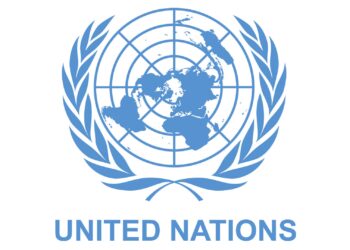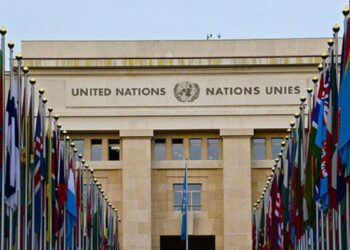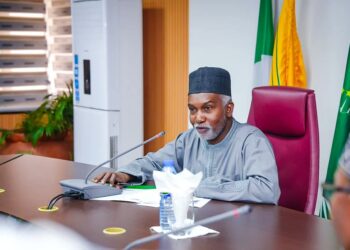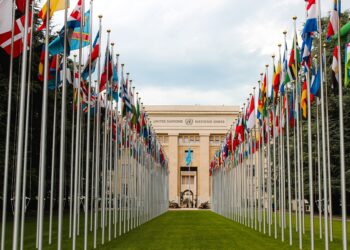The United Nations has said that the private sector is the engine of growth, and can help catalyse investments in infrastructure and industrialization. It also stated that the private sector can contribute crucially to post COVID-19 economic recovery.
This was disclosed in a statement by the United Nations Economic Commission for Africa (ECA), after the launch of “Economic Report on Africa 2020: Innovative Finance for Private Sector Development in Africa” on Tuesday in Addis Ababa, Ethiopia.
Vera Songwe, Executive Secretary, ECA, said the innovative financing is a way of ensuring that Africa grew into a prosperous continent.
- “In the report, we looked at a couple of definitions; we looked at the private sector, the Small and Medium Enterprises, the non-business financial institutions and the role of technology. We are hoping that this report will allow us, particularly after this crisis, to look at how we design financing and particularly innovative financing toward infrastructure, agriculture and technology, going forward.”
William Lugemwa, Director, ECA Private Sector Development and Finance Division, disclosed that the ECA found out economies in Africa are not diversified, citing low investments in innovation and private sector led reforms which impedes production.
- “The private sector, as the engine of growth, can help catalyse investments in infrastructure and industrialization, and so can contribute crucially to post COVID-19 economic recovery. The digital revolution, under way in Africa currently, and mainly based on mobile phone networks, presents opportunities for scaling up alternative finance and sustainably developing private sector finance.”
Lugemwa said the ECA also noticed that capital markets, private investments, crowd-funding platforms and other alternative methods of financing were gaining momentum in Africa, even though the report still highlighted challenges affecting Africa’s private sector.
He stated that the UN forecasts Africa needs $1.3 trillion annually to funds its Sustainable Development Goals (SDGs), which would be heavily impacted by population growth. He also added that for Africa to achieve its SGDs, investments need to be made in innovative financing and increased private investments.
He added that Africa needs regulations on capital market requirements to avoid the spread of financial instability.
- “African policymakers and regulators can put in place emergency policy measures to manage financial stability and create a sound pathway toward economic recovery.”
What you should know
Nairametrics reported in October that The World Bank said the Sub-Saharan Africa (SSA) region is expected to experience a reversal of economic contraction next year, as countries in the region start to ease movement restrictions, even as the impact of the coronavirus will endure for years to come. The bank said that a growth of about 2.1% could follow in 2021 and 3.2% in 2022.






















